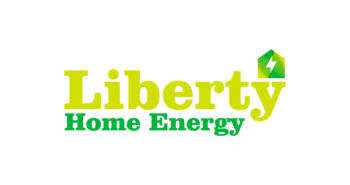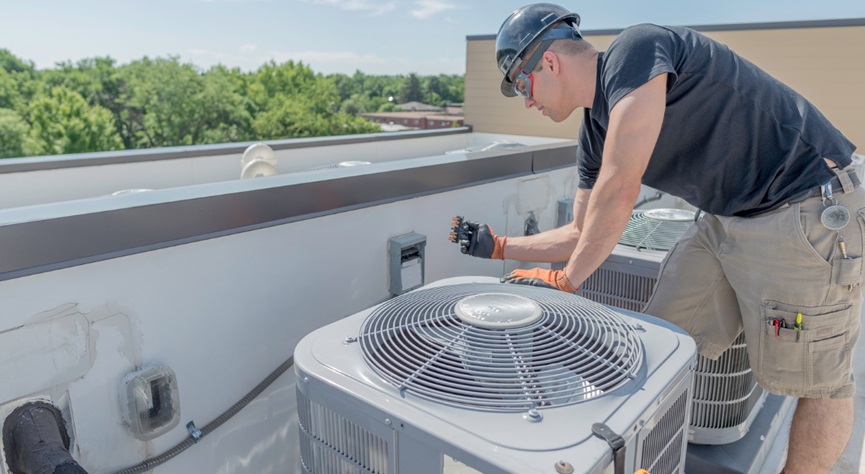Maintaining your HVAC system is essential for keeping your home comfortable and energy-efficient throughout the year. For those using HVAC in North Port, regular maintenance ensures peak performance and saves you money over time. You can avoid costly repairs and optimize your system’s lifespan by addressing minor issues before they escalate.
The Financial Benefits of Regular HVAC Maintenance
Investing in regular HVAC maintenance goes beyond just comfort; it’s a cost-saving measure that pays off in reduced energy bills and fewer repair expenses. Proper upkeep ensures your system runs at peak performance year-round.
Improved Energy Efficiency
A well-maintained HVAC system operates more efficiently, consuming less energy to heat or cool your home. Dirty filters, clogged vents, and worn-out components force the system to work harder, increasing utility bills. Regular maintenance includes cleaning and inspecting key parts, helping to reduce energy consumption and lower monthly expenses.
To better understand the workings of HVAC systems and their role in maintaining indoor comfort, learn how to make your HVAC more energy-efficient. It involves adopting regular maintenance, upgrading to smart thermostats, and sealing air leaks to reduce energy consumption and lower costs.
Fewer Repairs and Breakdowns
Routine inspections help identify and address minor problems before they lead to significant breakdowns. Issues like refrigerant leaks, faulty thermostats, or worn-out belts can be fixed during scheduled maintenance, preventing expensive emergency repairs in the future.
Extended System Lifespan
Neglected HVAC systems wear out faster, leading to premature replacements that can strain your budget. Regular maintenance ensures that all components are functioning correctly, prolonging the life of your system and maximizing your initial investment.
The Hidden Costs of Neglect
Failing to maintain your HVAC system can result in several hidden expenses. Besides higher utility bills and repair costs, inefficient systems may reduce indoor air quality, leading to health issues and increased medical bills. Additionally, neglected HVAC systems may struggle to maintain consistent temperatures, causing discomfort and inefficiency in your living space.
Key Maintenance Practices That Save Money
Routine maintenance habits can significantly lower your HVAC system’s operating costs and prevent unexpected breakdowns. These practices ensure that your system runs efficiently and delivers consistent comfort year-round.
Understanding how does an HVAC system work is key to optimizing its performance, as it involves the intricate process of heating, cooling, and ventilating your home efficiently.
Regular Filter Replacements
Replacing air filters every 1–3 months keeps your system running smoothly and prevents dust and debris from clogging airflow. Clean filters improve efficiency and reduce the risk of damage to internal components.
Professional Tune-Ups
Scheduling professional HVAC tune-ups at least twice a year—once before summer and once before winter—helps ensure your system is ready to handle extreme temperatures. Technicians check for leaks, clean coils, and calibrate settings to optimize performance.
Monitoring Energy Usage
Tracking your system’s energy consumption can help you spot inefficiencies early. Unexplained spikes in your utility bill may indicate underlying issues that require attention.
Conclusion
Regular HVAC maintenance is a small investment that yields significant long-term savings. Keeping your system in top condition reduces energy costs, lowers repair expenses, and extends its lifespan. For those in HVAC, scheduling routine maintenance with experienced professionals ensures your system performs efficiently year-round. Taking these proactive steps protects your wallet and enhances your home’s comfort and air quality.
Related posts
Categories
Recent Posts
Advertisment


